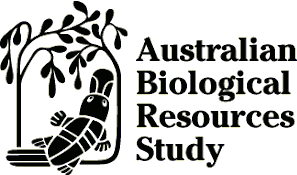Australian Tropical Rainforest Plants - Online edition
Xanthostemon paradoxus F.Muell.
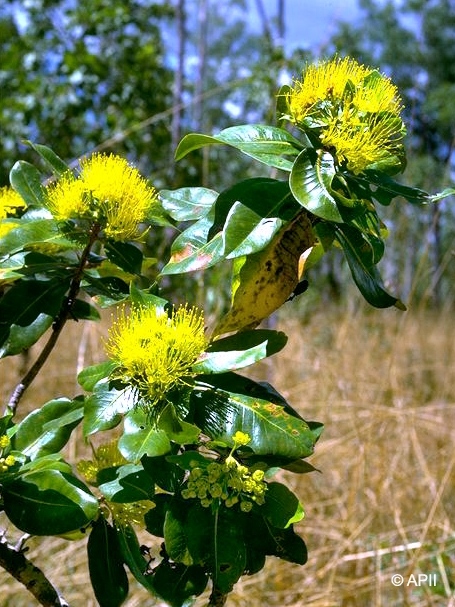
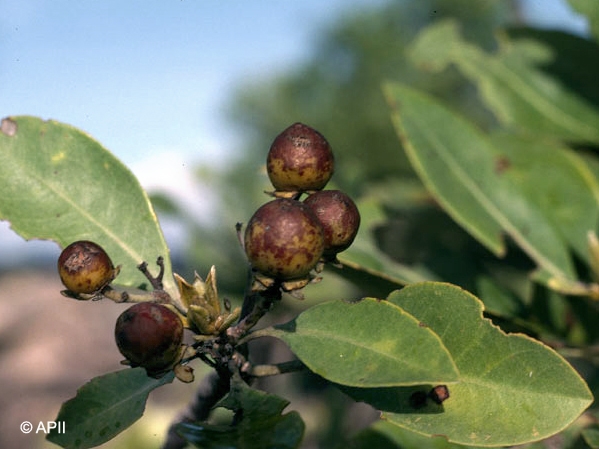

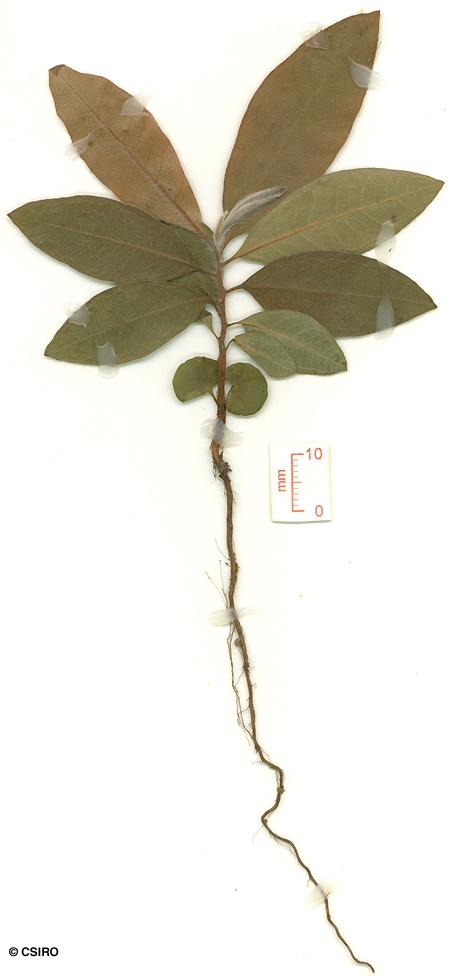
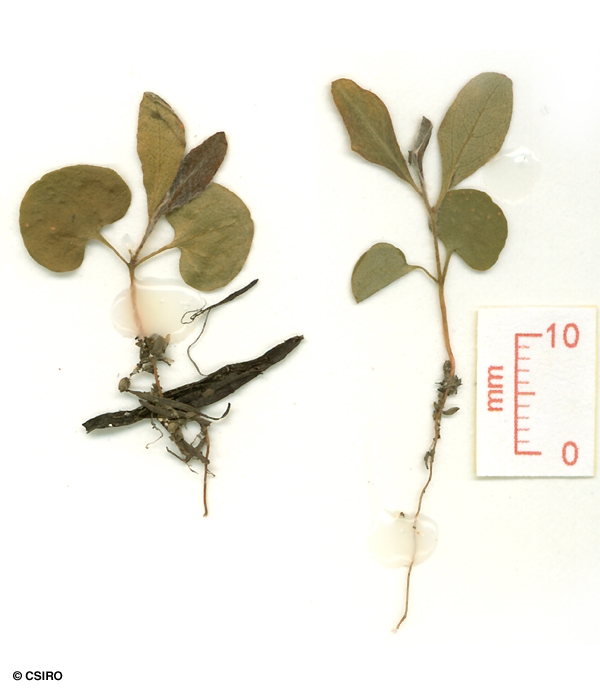
Mueller, F.J.H. von in Hooker, W.J. (1857) Hooker's Journal of Botany & Kew Garden Miscellany 9 9: 17. Type: Northern Territtory, Sea Range, Victoria River, Dec. 1855, F. Mueller; lecto: MEL 63369.
Bridal Tree; Northern Penda; Penda, Northern
Cream or pale, brittle stripes usually visible in the outer blaze.
Calyx tube (hypanthium) pubescent, about 2-2.5 x 5-5.5 mm, lobes pubescent, about 2-2.5 mm long, marked by oil glands. Petals pubescent, +/- orbicular, about 4-5 mm diam., marked by oil glands. Staminal filaments bright yellow, about 7-10 mm long, each inserted in an orifice in the base of the anther, anthers about 1.5 mm long. Ovary surrounded by and half enveloped in the calyx tube (hypanthium). Ovary glabrous, about 2 mm diam., placentas peltate. Style yellow, about 25 mm long. Stigma small and terminal.
Cotyledons reniform to almost orbicular, about 6-7 x 6-10 mm. Oil dots numerous, easily seen with a lens. At the tenth leaf stage: leaf blade elliptic to obovate, apex acute, base attenuate or cuneate, upper and lower surfaces clothed in long, white hairs; oil dots large, visible to the naked eye; petiole, stem and terminal bud densely clothed in long, silky, white hairs. Seed germination time 9 to 14 days.
Endemic to Australia, occurs in WA and NT. Altitudinal range from sea level to 250 m. Generally grows in open forest or on rocky hillsides but sometimes found in monsoon forest or on its margins.
A species commonly cultivated in the Darwin area for its shady habit and the large bunches of yellow flowers which attract birds.




